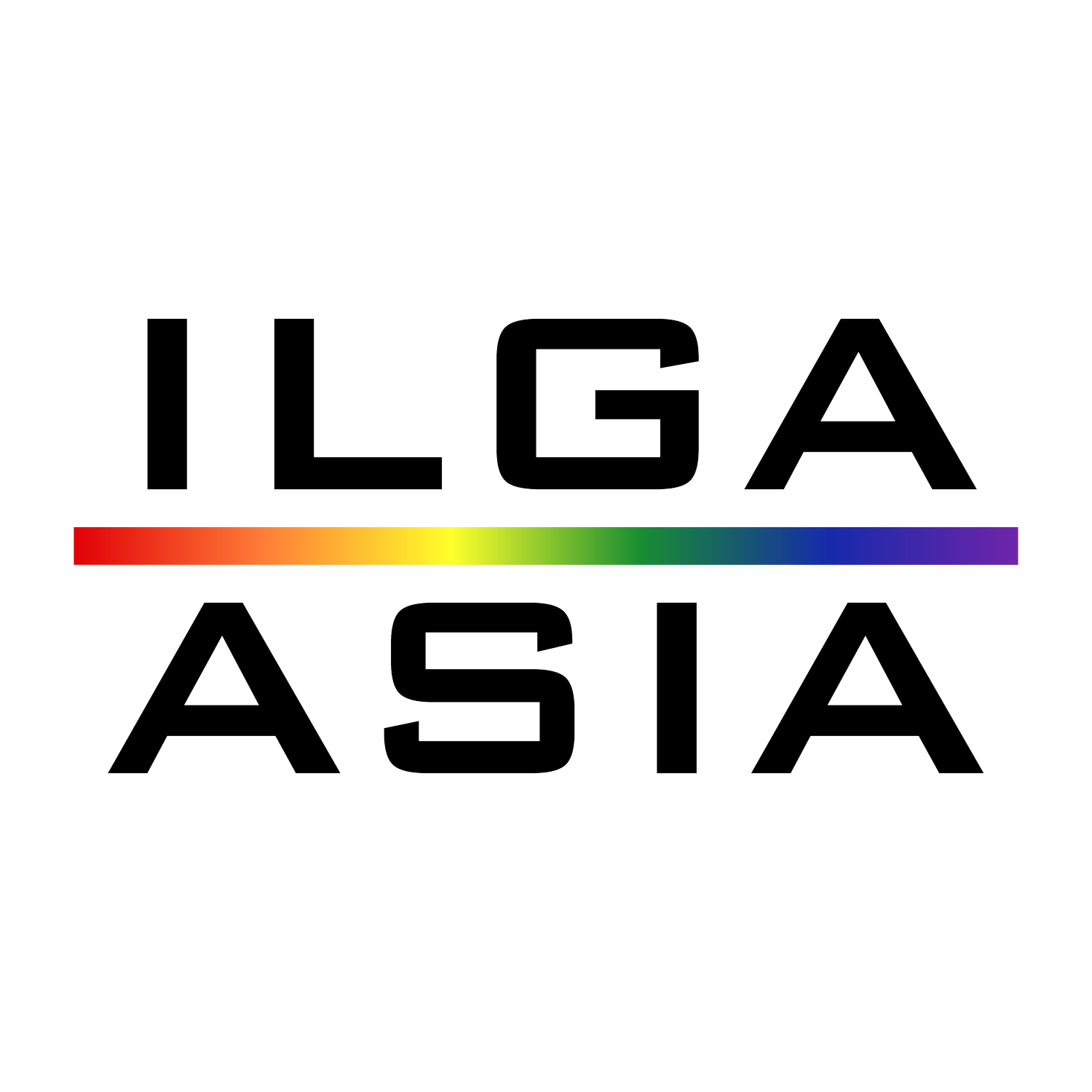Bangladesh: Student Protests, Government Transition, and Implications for LGBTIQ Communities
In 2024, university students across Bangladesh started peaceful protests demanding the government abolish the increased quota in civil service jobs reserved for the families and descendants of veterans from Bangladesh’s war for independence in 1971. As the state crackdown on the protests turned violent, the protests became more widespread leading to a Supreme Court decision rescinding the quota for the veterans’ families and the then Prime Minister Sheikh Hasina resigning from her post and leaving Bangladesh. The current interim government led by Professor Muhammad Yunnus seeks to stabilise the masses after a politically turbulent few weeks, albeit amidst trends of anti-LGBTIQ narratives resurging in political spheres in Bangladesh. While LGBTIQ issues themselves were not the focus of the protests, many Bangladeshi queer activists are now facing threats and have shared concerns over the government closely working with anti-LGBTQ far right parties.
The protests started with peaceful demands from university students after a Supreme Court decision in June 2024 was set to provide 30 percent government job quotas for the veterans of the 1971 war of independence and their families, leaving only 44 per cent of government jobs to skills and merit-based hires. The protests spiralled into weeks of violent clashes after the government imposed crackdowns and curfews and a nationwide internet shutdown, effectively silencing criticism of Hasina’s government and shrinking space for dissent. The Supreme Court on 21 July 2024 decided to scale back the job quotas for the veterans back to 5%, with additional 1% quotas for third-gender and persons with disabilities, and 1% for ethnic minorities, leaving 93% job positions for open competition for university graduates. While the initial demands of the students were largely met with this decision, in light of the violent crackdown by the government, thousands of students and non-students continued to take to the streets against the excessive use of force by state police and military against the students. On 5 August 2024, Prime Minister Sheikh Hasina resigned from her position and fled the country marking an end to the protests that UN estimates killed over 650 people.
Bangladesh is currently in a transitional phase, setting up an interim government with student representatives and led by Nobel Peace Prize winner Professor Muhammad Yunnus. While the interim government is trying to reestablish order in the aftermath of the violent clashes as well as resume public service in the country in alliance with other political parties, LGBTIQ activists in Bangladesh highlight the recent rise of right-wing Islamic and anti-LGBTQ political parties in power.
“Many LGBTIQ youth were on the ground as a part of the quota reform movement and were exposed to violent conditions that put their physical and mental health in jeopardy. Now, as the interim government is in place, many are questioning what the implications are for their own future. The concerns stem from the high possibility of right-wing fundamentalist groups gaining traction in political power in the future. We are worried that with these forces in power, whatever milestones that have been made for our rights will be backtracked, and we will be at a greater risk than we have been so far.” a queer-rights activist based in Bangladesh, who wishes to remain anonymous, said about the current context of LGBTIQ rights in Bangladesh.
LGBTIQ activists from Bangladesh have stated that the job quota reserved under the third gender category is only for intersex people and hijras, a traditional queer identity found across South Asia. There is low social acceptance for transgender individuals as people who identify differently from their gender assigned at birth in Bangladesh, and the term is sometimes used to refer to intersex people. In light of this, sexual and gender minorities have chosen not to participate in a separate job quota demand, despite being present during the protests, due to anti-LGBTQ and anti-trans rhetoric from some quota reform movement leaders. Some LGBTIQ activists who conducted advocacy work with Hasina’s government feel further threatened by the interim government’s alignment with radical Islamic groups who have been a part of anti-LGBTIQ movements. Targeted harassment against such visible LGBTIQ activists highlights a dangerous shift in the current political environment, where not only the progress made for trans inclusion under the previous government is at risk but LGBTIQ communities in Bangladesh face increased threat of violence.
“Bangladesh is currently in a critical stage with a new government and the democratic process being re-established after a turbulent few weeks. As the state structure is reorganised, it is imperative that the needs of the most marginalised groups are prioritised and their rights are protected. We hope that the positive steps taken by the previous government in protecting the gender and sexual minorities will not be regressed in the coming days but that the new government will take a stronger and more progressive stance in ensuring the safety, security, dignity and equality of the LGBTIQ activists and the community in Bangladesh.” Shambhawi Paudel, Research Associate at ILGA Asia said.
“However, what this revolution has demonstrated is that young people will proactively organise against injustice and repression of freedom of speech. It has made citizens more conscientious of various kinds of oppression. In these shifting and precarious times, it is also true that the LGBTIQ community in Bangladesh needs to be even more strategic," the Bangladeshi activist added.
ILGA Asia condemns the excessive use of force against the student protests and remains optimistic about the political changes and democratic processes currently ongoing in Bangladesh, while remaining cognizant of the threat faced by queer and trans activists in the country. We hope that the current transitional processes are rooted in the human rights of everyone including people of diverse gender identities and sexual orientation and the safety of the LGBTIQ and trans activists within Bangladesh are ensured.


